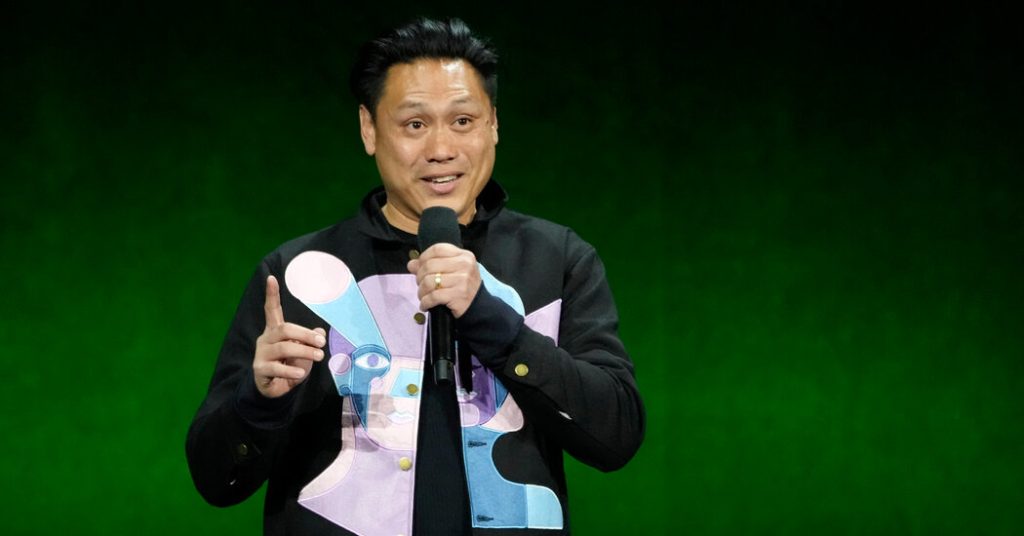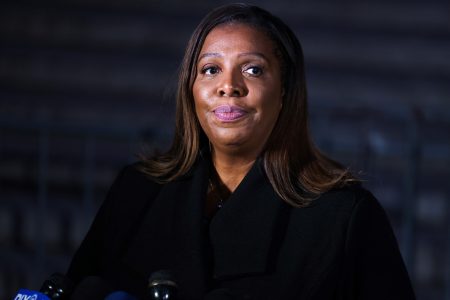The University of Southern California has stirred controversy after canceling the commencement speech of its valedictorian, Asna Tabassum, a first-generation Muslim student, due to objections from campus Jewish organizations. The university cited security concerns for canceling the speech, but Ms. Tabassum expressed shock and disappointment at the decision. In response to the uproar, the university announced that its main commencement program would eliminate outside speakers and honorees, including director Jon M. Chu and tennis star Billie Jean King. The decision to cancel Ms. Tabassum’s speech led to protests calling for her reinstatement, and the university faced scrutiny from the media regarding its handling of the situation.
The controversy at USC has raised questions about free speech and academic freedom on campus. The American Civil Liberties Union of Southern California is considering representing Ms. Tabassum in a potential lawsuit against the university, citing the Leonard Law which applies First Amendment free speech protections to private and public colleges in the state. The ACLU believes that USC, with its private security apparatus, should be able to handle the event, even with security concerns. The cancellation of Ms. Tabassum’s speech has sparked debates about whether the university acted appropriately in response to objections from certain student groups, and whether this decision was truly made in the interest of safety.
Some critics argue that the university should have allowed Ms. Tabassum to speak despite the objections, pointing to past controversial speakers who have been allowed to give commencement addresses at USC. The university’s decision to eliminate outside speakers and honorees from the main commencement program is seen as a response to the controversy surrounding Ms. Tabassum’s speech. Director Jon M. Chu, who was set to be the graduation speaker, had his name and photo removed from the commencement website following inquiries from the media. The university stated that the speakers and honorees were “being released” from attending this year’s ceremony, in what seems to be an attempt to diffuse the situation and avoid further backlash.
Ms. Tabassum, a biomedical engineering major, expressed disappointment at being barred from delivering her commencement address, questioning the university’s true motivations behind the decision. She has received support from activists, student groups, and others who believe that her right to speak at the ceremony should not be restricted due to objections from certain groups. The controversy has shed light on tensions between different student communities on campus and the challenges of balancing free speech with concerns about safety and security. The university’s response to the situation will continue to be scrutinized in the coming days as the graduation ceremony approaches and as discussions about academic freedom and diversity continue to unfold in the USC community and beyond.















